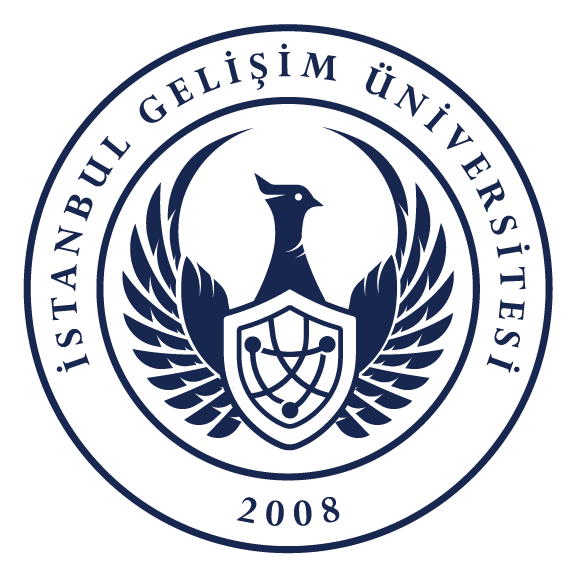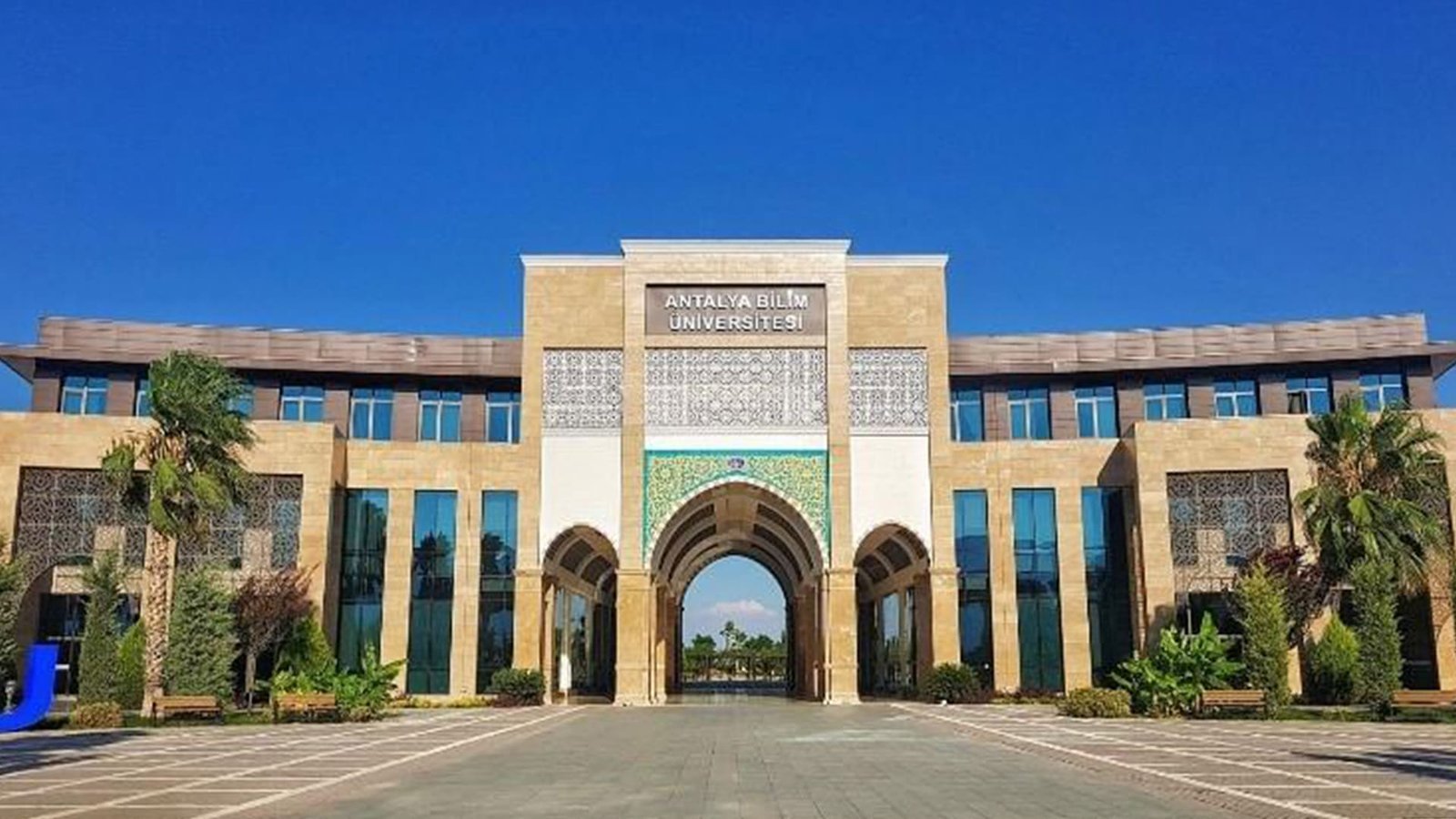Studying abroad offers numerous opportunities for academic and personal growth. However, there are many factors to consider before making this significant decision. Here’s a comprehensive guide for those planning to study abroad:
1. Define Your Goals
Before deciding to study abroad, it’s essential to clarify why you want to take this step.
- What are your career goals?
- Which field do you want to specialize in?
- Is cultural experience or academic advantage your priority?
Answering these questions will help you choose the right country and university.
2. Research Countries and Universities
- Education System: Each country has a unique education system. For example, the US emphasizes liberal arts education, while Europe offers more specialized programs.
- University Rankings: Research universities that excel in your field. World rankings, student reviews, and alumni success can provide insights.
- Language Requirements: The language of instruction directly affects your academic performance and daily life. Is your English proficiency sufficient? Do you need to learn another language?
3. Review Financial Requirements
The cost of studying abroad varies by country and university.
- Tuition and Scholarships: Calculate tuition fees, living expenses, and other costs. Look into scholarships and funding opportunities.
- Living Costs: Consider accommodation, transportation, food, and social expenses.
4. Visa and Required Documents
You will need a student visa to legally stay in the country where you’ll study. Pay attention to the following:
- Passport Validity: Ensure your passport covers your entire study period.
- Required Documents: Acceptance letters, financial proof, health insurance, and language proficiency certificates are typically required.
- Application Process: Each country has a unique visa application process. Regularly check the relevant consulate websites.
5. Language Proficiency Exams
In countries where the language of instruction is English, exams like TOEFL or IELTS are often required. Be prepared for proficiency exams in other languages if necessary.
- Target Scores: Learn the minimum scores required by your target universities.
- Preparation Process: Prepare for the exams in advance and ensure your scores are ready for submission with your applications.
6. Academic and Personal Preparation
To succeed abroad, both academic and personal preparation are necessary.
- Grade Point Average (GPA): A high GPA increases your chances of acceptance.
- Reference Letters: Strong recommendation letters from academics support your application.
- Motivation Letter: Clearly express your interest in the field and why you want to study at the chosen university.
7. Cultural and Social Adaptation
Moving to a new country involves a cultural adaptation process.
- Cultural Differences: Be respectful of the customs and traditions in your new environment.
- Language and Communication: Learning basic phrases in the local language can make life easier.
- Social Activities: Join student clubs to expand your social network.
8. Health and Insurance
You may need to have health insurance while studying abroad.
- Insurance Coverage: Obtain health insurance that covers your study period.
- Health Checks: Some countries require health reports and vaccination records.
9. Alternative Education Models
Consider other options besides full-time university education abroad:
- Exchange Programs: Programs like Erasmus offer short-term international experiences.
- Online Education: Take online courses from top universities worldwide.
- Dual Degree Programs: Some universities offer joint dual degree programs with foreign institutions.
10. Final Steps and Preparation
- Application Timeline: Create a timeline to avoid missing application deadlines.
- Travel Plans: Prepare for flights, accommodation arrangements, and orientation programs.
- Connections: Reach out to other students in the country to gather useful information in advance.
Conclusion
Studying abroad is a great opportunity for both academic and personal growth. However, proper planning and informed decisions are crucial before embarking on this journey. Follow this guide to manage the process more easily and successfully.











